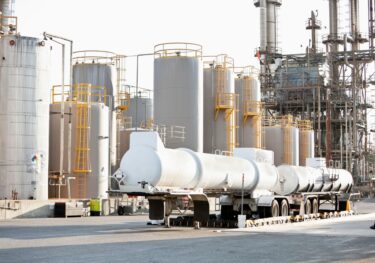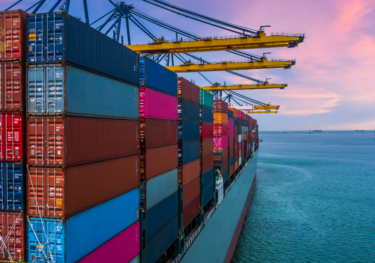Shell’s Socioeconomic Impact in the Netherlands
Commissioned by Shell

This report assesses the socioeconomic contributions Shell made in the Netherlands in 2022.
This comprehensive study considers not only the substantial economic contributions from Shell’s direct on-site operations, but also the indirect impact it sustains through its supply chain spending, and the induced impact it supports through wage-funded consumption by employees. These impacts are quantified in terms of gross value added contributions to GDP, the number of jobs supported, and government tax revenues raised. In this study, we also consider Shell’s wider contributions to the Netherlands, including its social footprint, the economic impact of its R&D activities, and Shell’s contributions to Dutch energy security.
The experts behind the research
Our Economic Consulting team are world leaders in quantitative economic analysis, working with clients around the globe and across sectors to build models, forecast markets and evaluate interventions using state-of-the art techniques. Lead consultant on this project was:

Sami Hamroush
Associate Director, Economic Footprint & Sustainability

Felicity Hannon
Director, Climate Modelling and Scenarios

Adam Currie
Economist, Economic Footprint & Sustainability
Tags:
You might be interested in

Chemicals sector must brace for a rise and fall under Trump presidency
We expect the chemicals sector to benefit in the short run from Trump’s re-election but face challenges over the longer term.
Find Out More
Freshly rebuilt US chemicals sector poised to outgrow Europe
The chemical industries in the US and EU are at the precipice of a major divergence. We believe that a structural advantage for the US, borne initially of the shale gas boom of the 2010s and more recently from the shift of European consumption towards LNG, will create a growing wedge between the two regions over the medium term. This applies directly to basic chemicals, which use natural gas directly as a feedstock and for industrial heating purposes, with ramifications for more specialised chemicals production which are themselves downstream of basic chemicals.
Find Out More
Dumping? Key categories of Chinese imports have surged in Europe
China has been accused of dumping stock onto the European market within the automotive, metals and chemicals sectors with the possibility of the EU placing tariffs on these products. Dumping is defined as a company exporting at a price lower than its domestic price and requires greater evidence than just a surge in imports, which will take time to gather and assess
Find Out More
Global Industry: Red sea attacks are a shot across the bow of global logistics
The attacks on container ships by Houthi militants have, once again, revealed the underlying fragility of the international supply chains upon which the global economy relies. The longer the attacks go on and the more ocean freight carriers decide to avoid transit through the Suez Canal, the greater the disruptive effects will end up being.
Find Out More